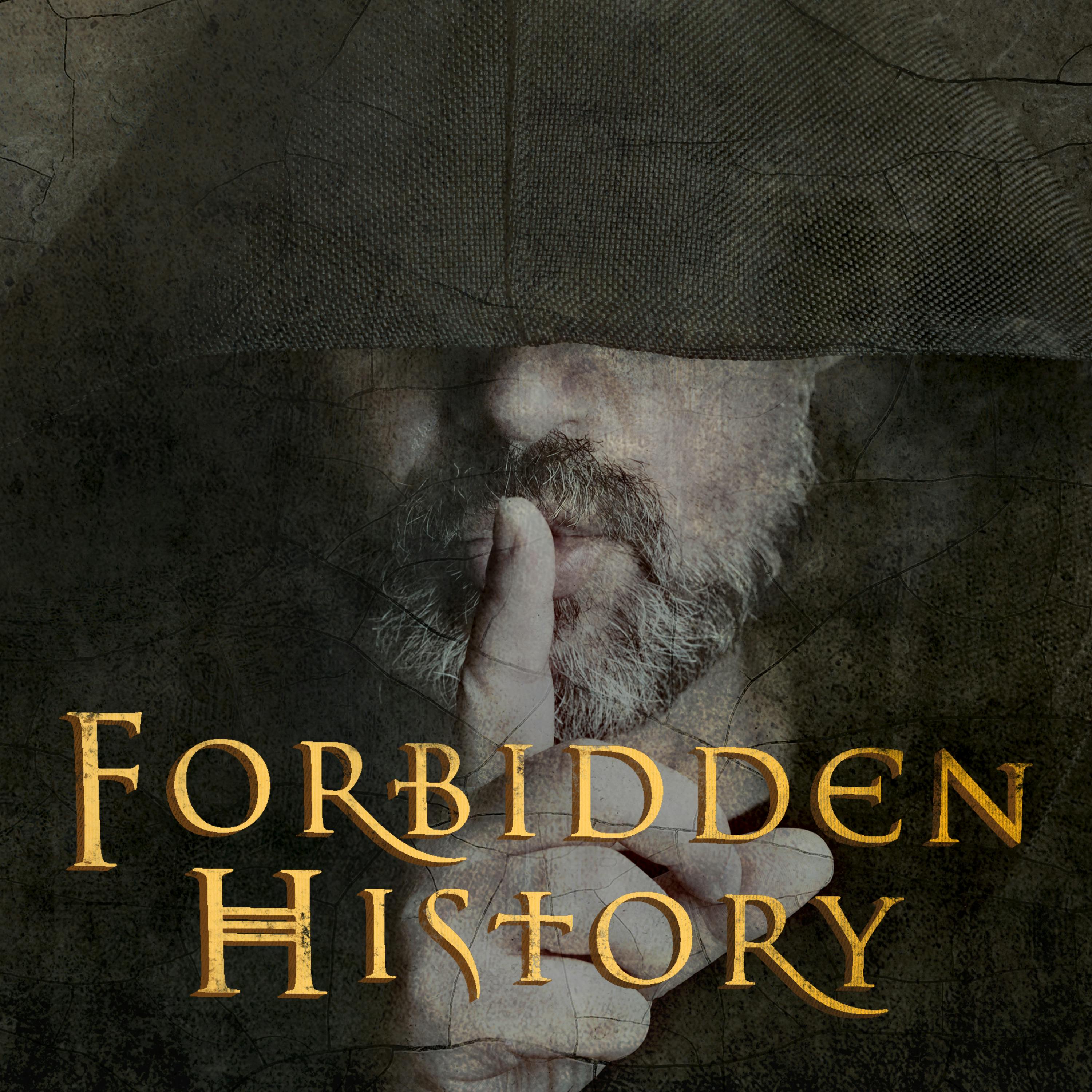
Key Insights
Why has the true identity of King Arthur remained a mystery for centuries?
The legend of Arthur has been heavily mythologized over time, with elements like Camelot and Excalibur added during the Middle Ages, making it difficult to separate fact from fiction.
What was the real King Arthur likely like compared to the romanticized version?
Arthur was probably a Romano-British warrior living in a wooden hill fort, wearing leather armor and leading ex-Roman mercenaries, rather than a knight in shining armor.
Why do some historians believe King Arthur was a real historical figure?
By the late 800s, Welsh records referred to Arthur as a real historical figure who led battles against the Saxons, predating the romanticized medieval legends.
What are the main theories about where King Arthur lived?
Theories include him living in Cornwall, on the English-Welsh borders, and in Glastonbury, with the latter being the most famous.
Why do some believe King Arthur was buried in Glastonbury Abbey?
In 1191, monks claimed to have found a plaque indicating Arthur and Guinevere's burial there, which became a significant tourist attraction.
What evidence does Graham Phillips present to suggest a different location for King Arthur's burial?
Phillips identifies a high-status burial site on the border of England and Wales, supported by ancient texts and archaeological evidence, suggesting Arthur was buried in a mound near Basschurch.
How does Graham Phillips explain the discrepancy between the historical Arthur and the Arthur of legend?
Phillips argues that Arthur was a Romano-British warlord named Óinn Fann Gwyn, known as the Bear, who lived in a hill fort and fought against the Saxons, unlike the romanticized version.
What is the significance of the Tor in Glastonbury to the Arthurian legend?
The Tor is believed to be the ancient Isle of Avalon, where Arthur may have stood surveying his kingdom, and it is a site where many ley lines converge, creating a special energy.
Why is the name 'Camelot' not found in historical records?
Camelot was an invention of a French poet in 1190 who needed a word to rhyme with Lancelot, making it a medieval creation rather than a historical place.
What does the ground radar scan near Basschurch indicate?
The scan shows an oval-shaped pit with a large ferrous object, possibly a shield, which fits the burial practices of the time and could indicate the presence of a high-status individual like Arthur.
Chapters
- Arthur's figure in history is likely different from the romantic medieval king.
- There might have been a warrior with a Welsh variation of Arthur's name.
- Arthur was more likely a soldier in simple garb, living in a wooden hill fort.
Shownotes Transcript
The legend of King Arthur is one of a courageous fighter and leader in battle, but for centuries the fabled king has been a mystery to historians. So was his story of Camelot, Excalibur and Guinevere just an elaborate fairy tale - or was he real?
Cast List:
Jamie Theakston: Investigative reporter
**Andrew Gough: Writer, presenter and editor of The Heretic Magazine **
Graham Phillips
Clive Prince: Co-Author, The Templar Revelation
Rev. Lionel Fanthorpe: Author ‘Mysteries & Secrets of Time’
Tor Webster: Local Guide & Historian, Glastonbury
Ross Andrews: Author & Historian
**Richard Felix: **A historian and lecturer specialising in local and paranormal history
Heather Osborn: Author & Historian
**Lynn Picknett: **Historian and researcher specialising in exposing historical conspiracies. She is also the co-author of several notable works
Eric Meyers: Narrator
Learn more about your ad choices. Visit megaphone.fm/adchoices)
